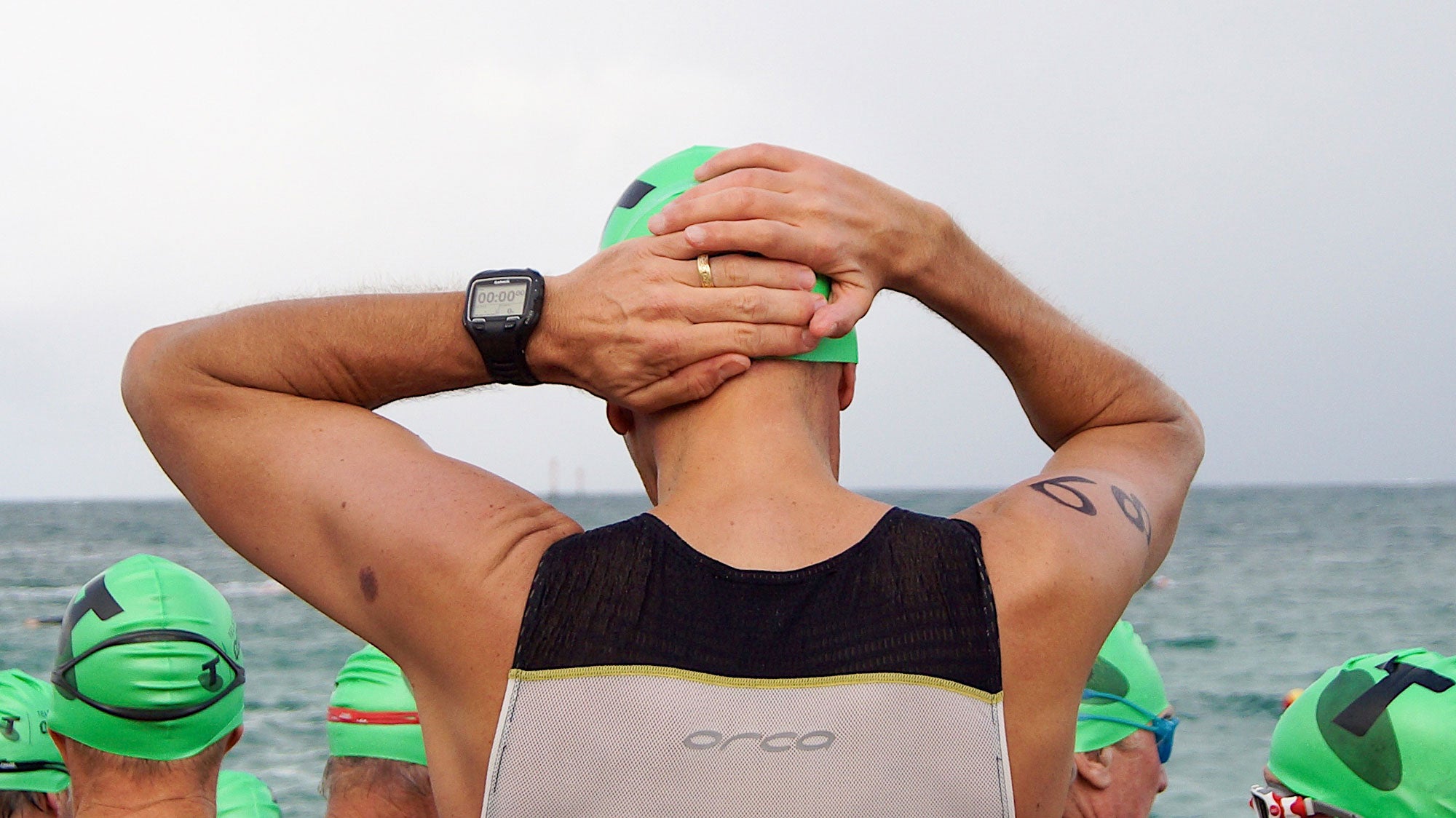Upset Stomach Before a Race: Here's How to Deal

We’ve all been there. It’s a few days out from your next race and on top of the taper-crazies, your stomach is… not cooperating. In most cases, an upset stomach before a race can be attributed to taper, nerves, and excitement. But sometimes, our gut is letting us know that something is off. Here’s what to do when those race day butterflies morph into stomach spiders.
Dr. Laura Moretti, a respected sports nutritionist, notes that the first warning signs of a stomach flu include nausea, low-grade fever, and increased fatigue. While these could be signs of a virus, Moretti says, if you’ve recently binged on that almost-expired pizza in the fridge, food poisoning could be another culprit. Either way, not all hope is lost for race day if you have an upset stomach before a race.
Kirsten Miller is also a certified sports nutritionist who specializes in working with endurance athletes. Miller suggests hopping on the probiotics train straightaway (the S. Boulardii strain of probiotics has been shown in some studies as an effective anti-diarrheal), as well as staying on top of hydration and electrolyte consumption. For an electrolyte drink that is gentle on the stomach, Miller recommends Nuun tablets.
Both Miller and Moretti advise athletes to avoid caffeinated products if the body is, ahem, processing things a bit too fast. Creamy, oily foods are also a no-no. Instead, easily digestible foods like bone broth, white rice, bananas, and peppermint tea are much better options for optimal gut health.
Since time is of the essence to limit stomach bug’s path of wreckage, implementing these measures as soon as possible is key.
Come race day, your upset stomach may still not be feeling 100%. It’s important to put health first, no matter how tough you think you are. If vomiting, fever, and the number-twos remain at the forefront of symptoms, skip this race and opt for more rest instead — your body will thank you. Moretti suggests erring on the side of caution if it is hot or humid, as both conditions can exacerbate any stomach issues you’re having.
If just some bloating, tooting, and minor fatigue remain, you may be able to get on the start line with a few race modifications—and a quick review of the on-course bathroom situation. Moretti offers the idea of waking up earlier than usual on race day morning to give your body a chance to “process” a light breakfast.
Speaking of breakfast if you have an upset stomach before a race — a banana, white rice, lightly buttered bagel, or healthy smoothie are all solid options that will help you be solid (if you know what I mean).
When it comes to race nutrition, Miller notes that many gels use fructose as their base. Fructose can be difficult to digest even on the best of days. Opting for glucose- or sucrose-based fuel will give you the best shot at not visiting every single port-a-potty on the course, as fun as that sounds.
Miller also suggests utilizing activated charcoal pills to stifle gassiness as you SBR. Tums are also a tried-and-true tool to keep in a pocket during the run. As with any supplements, check with a physician to ensure proper dosage and consumption.
Whether you hit the water or opt for a start line at a later date, health is always the top priority — especially if you have an upset stomach before a race. The toughest triathletes are those who put their long-term wellness ahead of short-term goals.